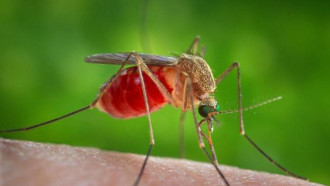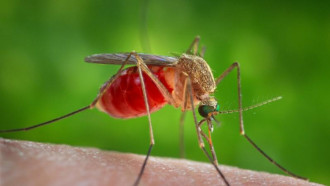Exercise protects motor abilities

New York: Older people, who go for morning walks and mild exercises, protect themselves from the effects of small areas of brain damage that can affect their movement abilities.
Many older people have small areas of damage in their brains seen on magnetic resonance imaging as white matter hyperintensities.
Higher levels of this damage have been linked to more problems with movement such as difficulty walking.
In a paper appeared in the journal Neurology, researchers found that people who were physically active did not have a drop-off in their movement abilities even when they had high levels of brain damage.
‘These results underscore the importance of efforts to encourage a more active lifestyle in older people to prevent movement problems, which is a major public health challenge,’ said study author Debra A. Fleischman from the Rush University Medical Centre in Chicago.
Physical activity may create a 'reserve' that protects motor abilities against the effects of age-related brain damage.
The study involved 167 people with an average age of 80. The participants wore movement monitors on their wrists for up to 11 days to measure both exercise and non-exercise activity.
The detrimental effect was even stronger for those with the lowest levels of physical activity.
The results remained the same after researchers adjusted for other factors that could affect the relationship, such as body mass index, depression and vascular disease.

 IANS
IANS




